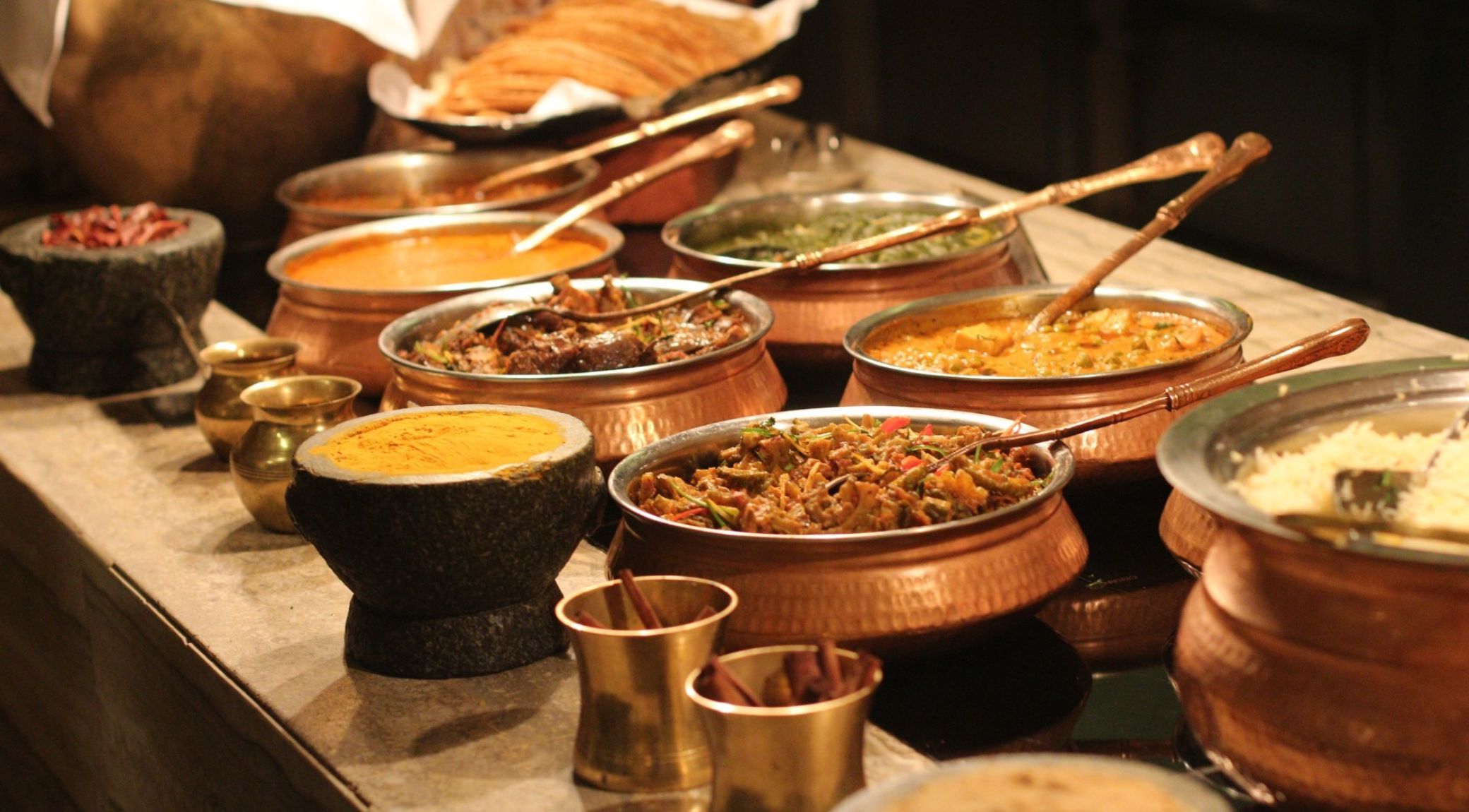What is a Food License?
A food license is an official permit required for any business that intends to prepare, distribute, or sell food products to consumers. This license serves as a crucial component in maintaining standards of food safety and consumer protection. The primary aim of acquiring a food license is to ensure that food businesses comply with local, state, and central regulations, which are designed to safeguard public health. These regulations vary depending on the jurisdiction but typically encompass aspects such as hygienic practices, proper storage methods, and safe food handling procedures.
Obtaining a food license is not only a matter of regulatory compliance; it also significantly enhances consumer trust. When a food establishment possesses a valid license, it indicates that they meet the necessary health and safety standards. This trust is essential for fostering customer loyalty and attracting repeat business. Furthermore, a food license acts as a protective measure for consumers, ensuring that the establishments they patronize adhere to industry standards and provide safe food products.
The mandates from health departments require food businesses to undergo inspections and evaluations to assess their compliance with the established regulations. Operating without a valid food license can lead to severe consequences, including fines, legal action, and even closure of the business. Additionally, the lack of a food license could tarnish a business’s reputation, potentially leading to loss of customers and revenue. Therefore, acquiring and maintaining a valid food license is crucial for any entity involved in the food industry, as it directly correlates with the safety and well-being of consumers.
Why FSSAI Food License is Essential
FSSAI license verifies that food products meet hygiene, quality, and safety standards set by the Food Safety and Standards Authority of India (FSSAI). Without it, FBOs face penalties up to ₹10 lakh, license cancellation, or imprisonment for violations like sub-standard or misbranded food.
Businesses gain consumer trust through the 14-digit FSSAI number on packaging, enabling legal operations, easier funding, and market access. It regulates manufacturing, storage, distribution, and sales, curbing health risks from contaminated food.
Non-compliance halts operations, blocks e-commerce listings, and invites inspections. For cloud kitchens, restaurants, or exporters, it’s crucial for scalability and interstate trade.
Types of FSSAI Licenses
Food licenses are essential for any food business, as they ensure compliance with health and safety regulations. There are three primary types of food licenses recognized within the industry: Normal Food License, State Food License, and Central Food License. Each license serves distinct purposes and caters to various jurisdictions, and understanding their differences is crucial for businesses.
Basic FSSAI Registration (Normal/Small-Scale)
For petty FBOs with annual turnover up to ₹12 lakh. Covers small manufacturers (up to 100 kg/ltr/day food, 500 ltr/day milk), single-vehicle transporters, or up to 12 vending machines in one state.
State FSSAI License (Medium-Scale)
For businesses with turnover ₹12 lakh to ₹20 crore, operating in one state. Includes medium production (1-2 MT/day food, 501-50,000 ltr/day milk), up to 100 vehicles, or 1-4 star hotels.
Central FSSAI License (Large-Scale/Interstate)
Mandatory for turnover >₹20 crore, multi-state operations, imports/exports, or large capacities (>2 MT/day food, >50,000 ltr/day milk, 5-star hotels). Covers 100+ vehicles or multi-state vending.
Diclaration Note: This fee covers only the legal charges for preparing and processing your Food Licence documentation. Consultant fees will be charged separately and are not included in this amount. The legal fee includes document review, compliance checks, and filing support to ensure your application meets FSSAI standards. Any additional consultation, business guidance, or follow-up support will require separate consultancy charges as per service requirements.
Renew your Food Licence at least 30 days before the expiry date to avoid penalties and ensure uninterrupted operations. Late renewal will attract a government fine of ₹100 per day until the application is submitted. Timely renewal helps maintain compliance and prevents legal issues or business disruptions.
Application Process for Food Licenses
Applying for a food license is a critical step for any business that intends to serve food to the public, and understanding the process can ensure compliance with local regulations. Generally, the application process consists of several steps, which may vary slightly depending on whether you are seeking a normal, state, or central food license.
First, it is essential to identify the specific type of food license required for your establishment. A normal food license is typically issued by local authorities, while state and central licenses cater to larger operations or those that operate across state lines. Once the appropriate license type is determined, the next step is to gather the necessary documentation. This often includes proof of identity, address proof, business registration details, and specific documents related to food safety practices.
After assembling the required documents, the applicant needs to complete the application form. This form can usually be found on the relevant authority’s website or obtained directly from their office. It is crucial to fill out the form accurately and submit any supplementary information if required. Fees associated with the food license vary based on the license type and location, so it’s advisable to check the official fee structure on the licensing authority’s website.
The processing timeline for food license applications can differ widely based on jurisdiction and the type of license requested. Generally, applicants can expect the review process to take anywhere from a few weeks to several months. To increase the likelihood of a smooth application, it is beneficial to ensure that all submitted documentation is complete and correct, to conduct a pre-inspection of the premises, and to remain responsive to any inquiries from the licensing authority.
Our Complete FSSAI (Food Licence) Services
My Legal Law offers end-to-end FSSAI solutions for Food businesses and startups. From registration to litigation support, handle all Food Licence work with the professional expertise of the My Legal Law Team.
Key services to list and briefly describe:
Food Licence: Food Licence will be determined based on your requirements, your business turnover, and the nature of Business Scale.
Legal Complaince: Legal compliance ensures your business follows all laws, regulations, and standards to operate safely, transparently, and without penalties.
Renewal: Renew your Food Licence at least 30 days before the expiry date to avoid penalties and ensure uninterrupted operations. Late renewal will attract a government fine of ₹100 per day or type of licence until the application is submitted.
Benefits of Choosing Professional FSSAI Support
Professional FSSAI support provides complete assistance for food business registration, licence approval, renewal, modification, and compliance. Experts handle documentation, application filing, inspections, and regulatory guidance to ensure smooth, error-free approval. This service helps businesses stay compliant with FSSAI standards and avoid penalties or operational delays.
FAQS

